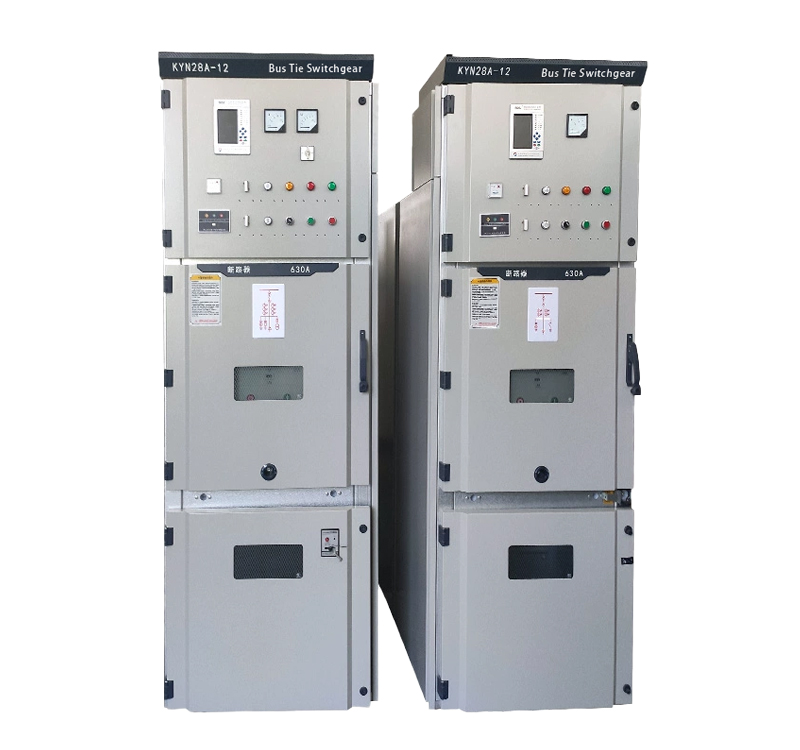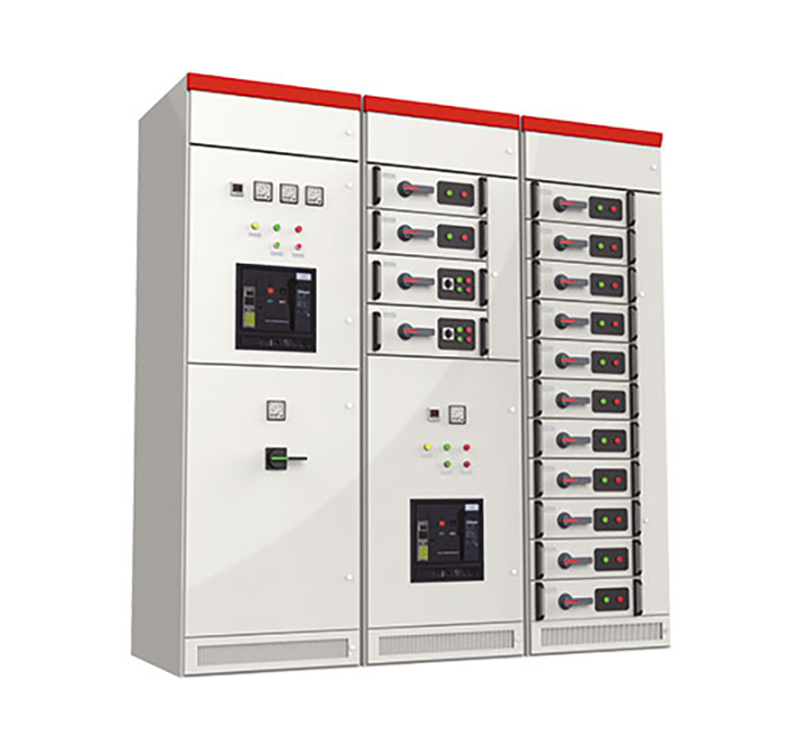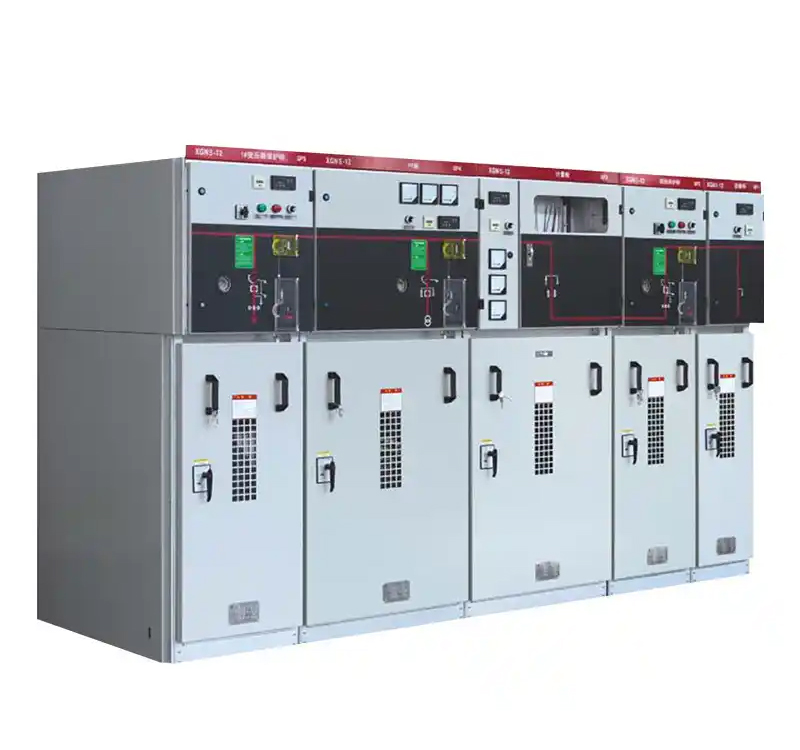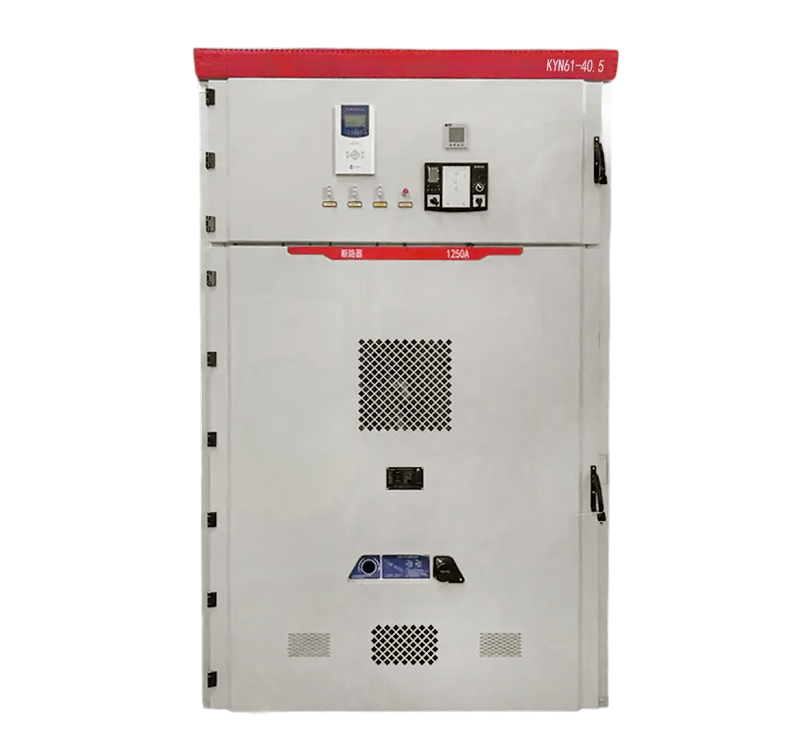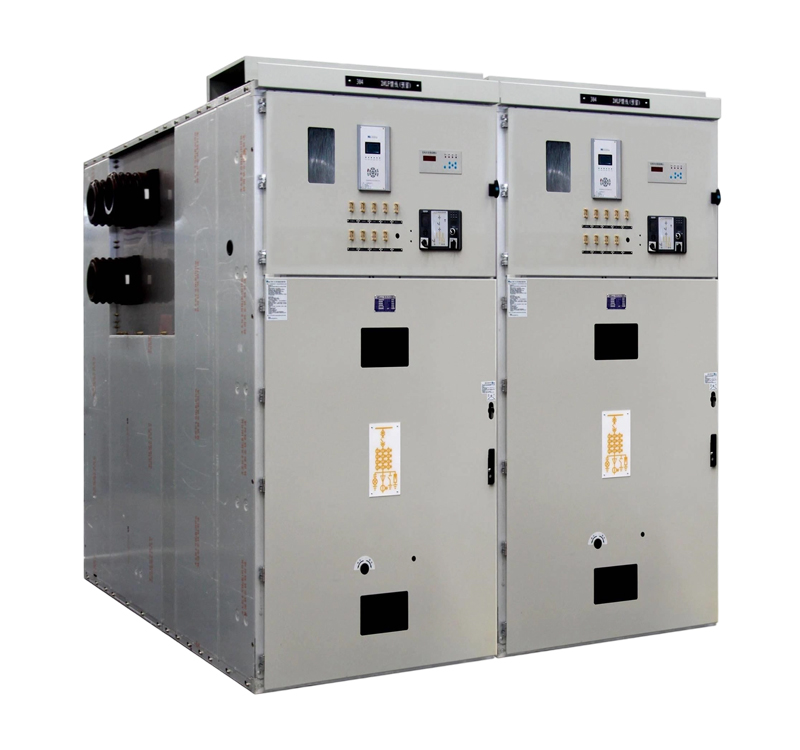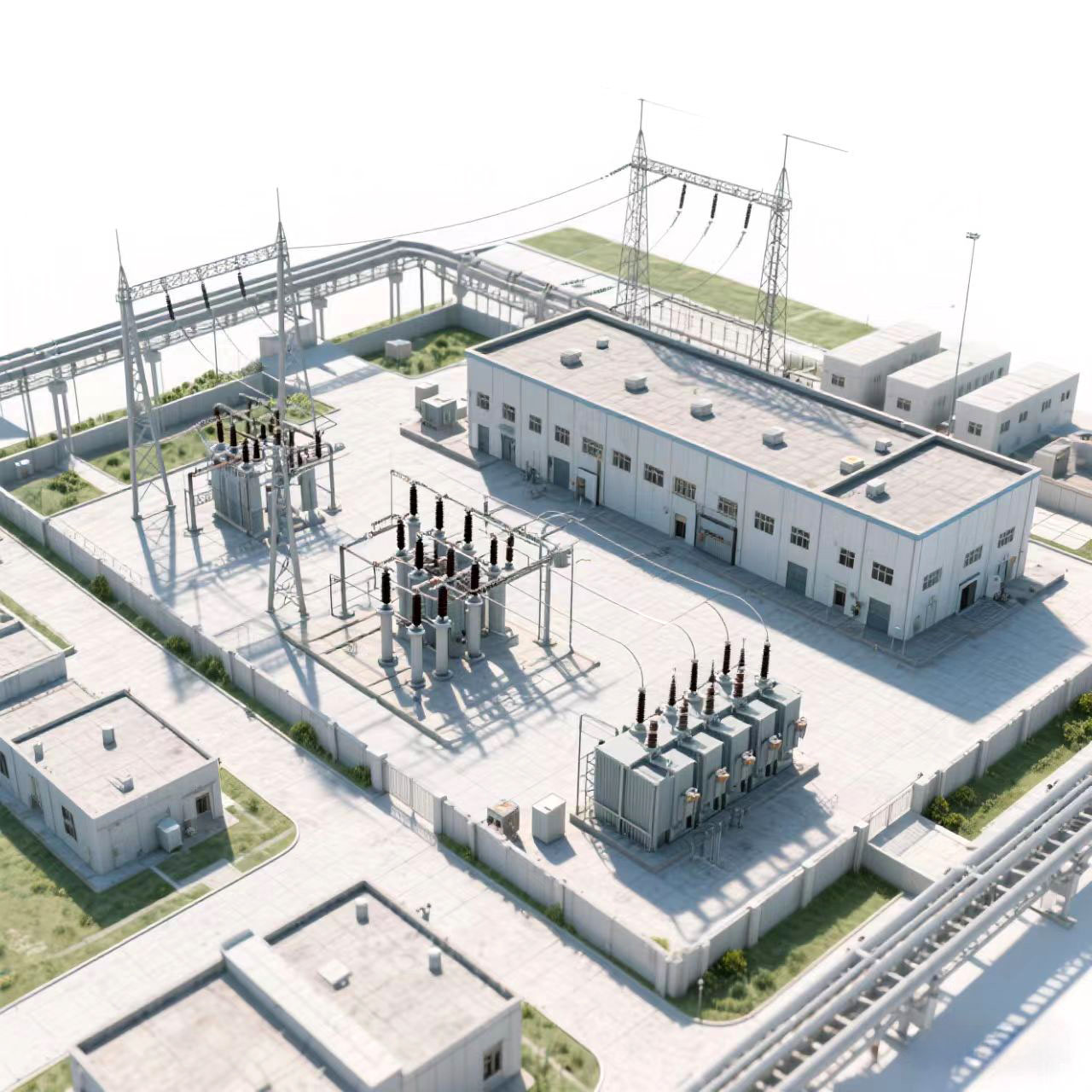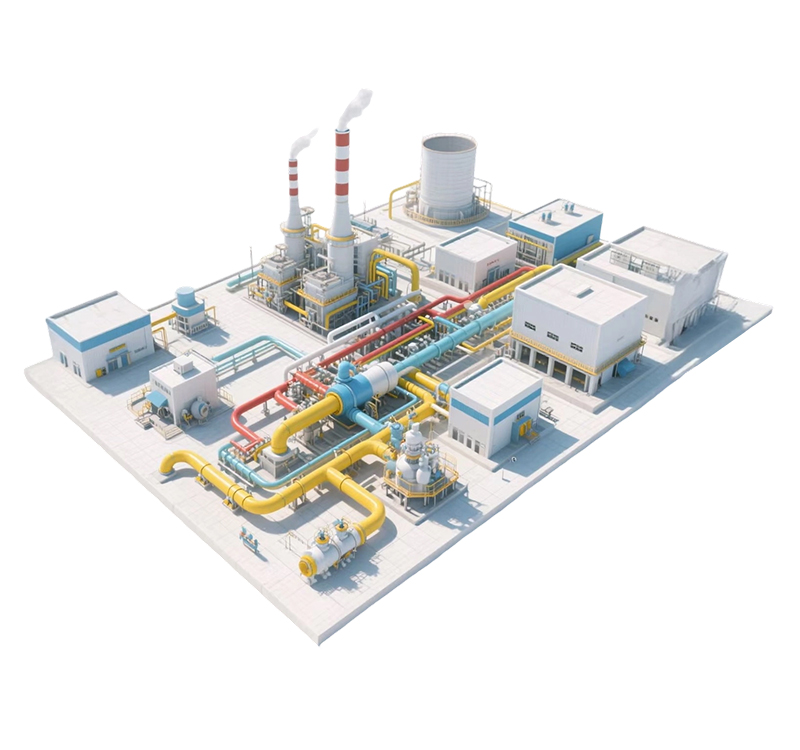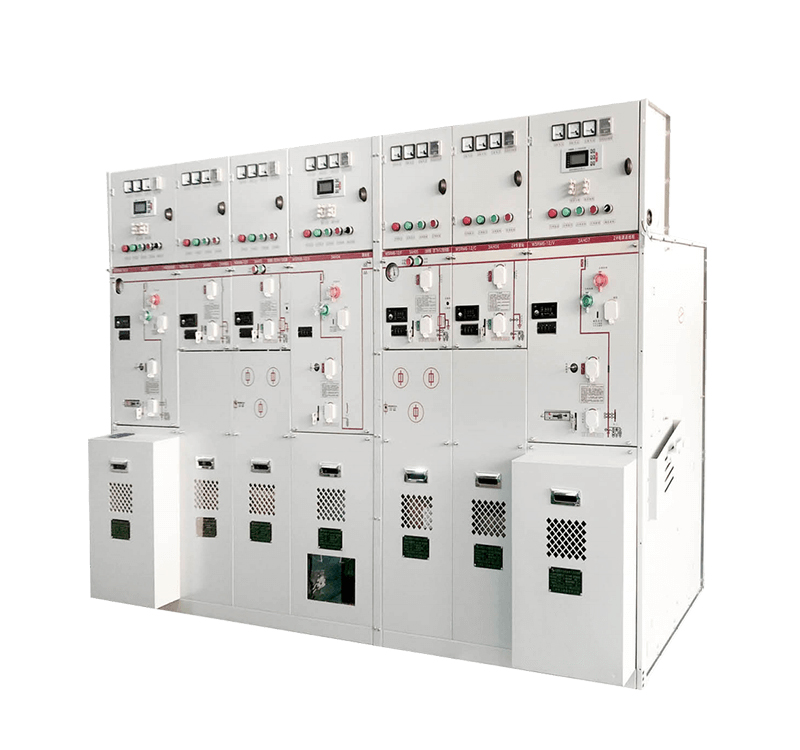
Our company specializes in the design, R&D, and manufacturing of medium & high-voltage PV switchgear for global clients.
We provide end-to-end solutions—from design and production to installation—with high cost performance. Contact us today!
The grid-connected voltage levels for distributed photovoltaic systems vary by country and region, primarily depending on local grid infrastructure, technical standards, and distributed energy policies. Below are the grid-connected voltage levels and related standards for some major countries and regions:
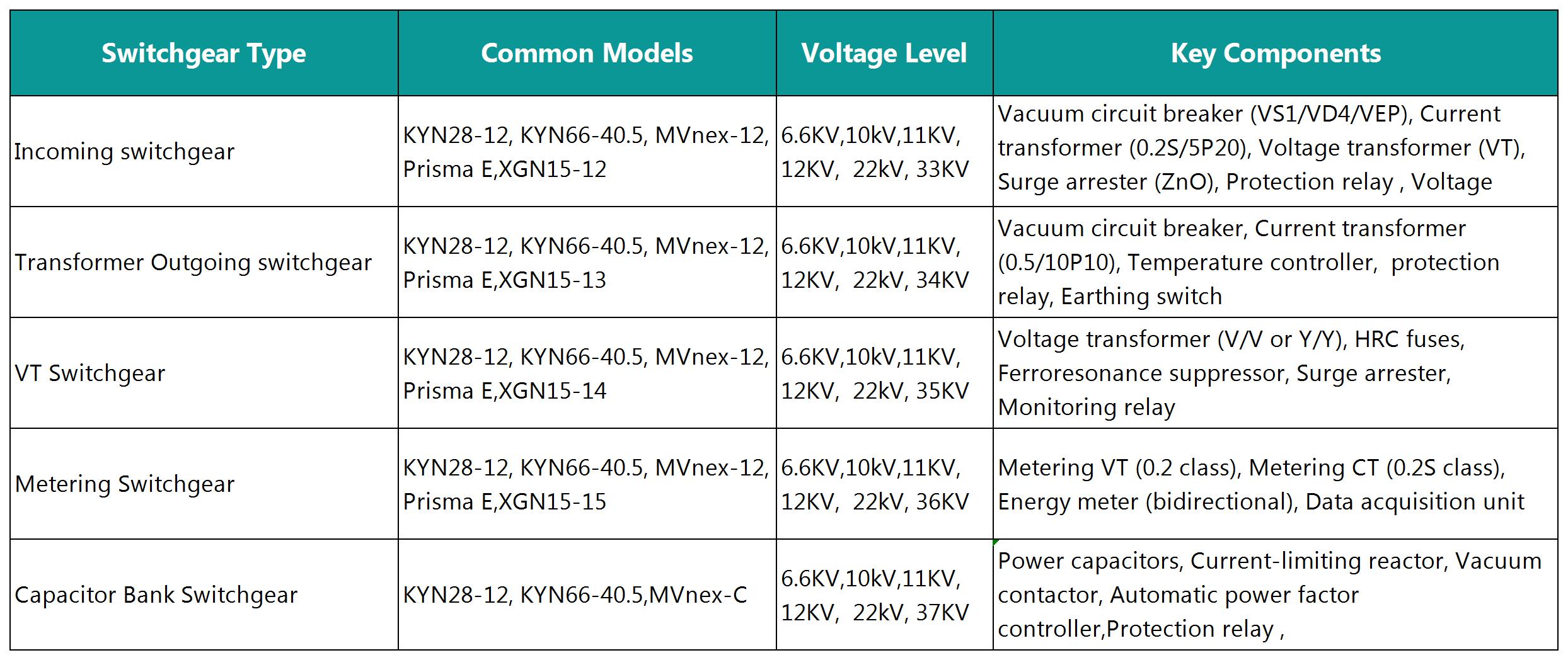
Functional Descriptions
Incoming switchgear
Connects PV system to medium voltage grid
Provides short-circuit, overcurrent and earth fault protection
Enables power metering and remote monitoring
Includes surge protection for lightning and switching overvoltages
Transformer Outgoing switchgear
Interfaces between PV system and step-up transformer
Monitors transformer parameters (temperature, load)
Implements transformer differential and overload protection
Provides safe isolation for maintenance
VT (Voltage Transformer) switchgear
Supplies voltage signals for protection and metering
Enables under/over voltage protection functions
Prevents ferroresonance in VT circuits
Provides synchronized voltage measurements
Metering switchgear
Measures energy generation for billing purposes
Complies with utility metering standards (IEC 62053)
Facilitates remote meter reading via communication protocols
Typically utility-owned for revenue metering
Capacitor Bank switchgear
Provides reactive power compensation
Maintains power factor (typically 0.95 lagging)
Reduces system losses and improves voltage regulation
Features automatic switching based on load demand
The above models and configurations are suitable for medium-voltage power distribution systems in both domestic and international photovoltaic power plants. Among them, the KYN28, MVnex, and Prisma E series are widely used in the Chinese market. Products from different manufacturers may have slight variations, but their core functionalities remain consistent. Users can select the appropriate configuration scheme based on project requirements.
